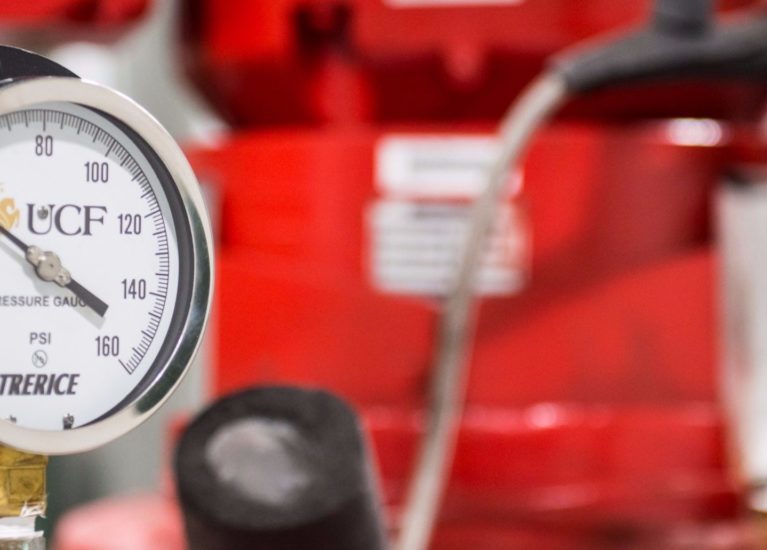
Frequently Asked Questions
District energy systems use a central plant to produce chilled water and/or hot water to then distribute to buildings connected by pipes to the system. As a result, individual buildings do not need to install separate space heating and cooling and hot water systems at the expense of more fuel use. Other benefits of district energy include higher energy efficiency, easier operation and maintenance, increased reliability, decreased life-cycle and building costs, and improved architectural design flexibility.
How does the Combined Heat and Power plant work?In simple terms, natural gas is combusted as fuel within the plant’s engine as a reliable, cost-effective and environmentally conscious method for energy generation. The powered engine spins the generator drive shaft to generate electricity, that is then distributed to the grid or directly to the facility. The hot exhaust gas that is generated from the engine is captured and combined with water to produce steam, that is then used for cooling and heating air-conditioning purposes.
Why is commissioning important?Commissioning ensures that equipment is working efficiently and as designed to minimize unnecessary energy use and system failures. A commissioned system ultimately decreases utility costs, improves its intended functions, and extends the equipment life cycle.



